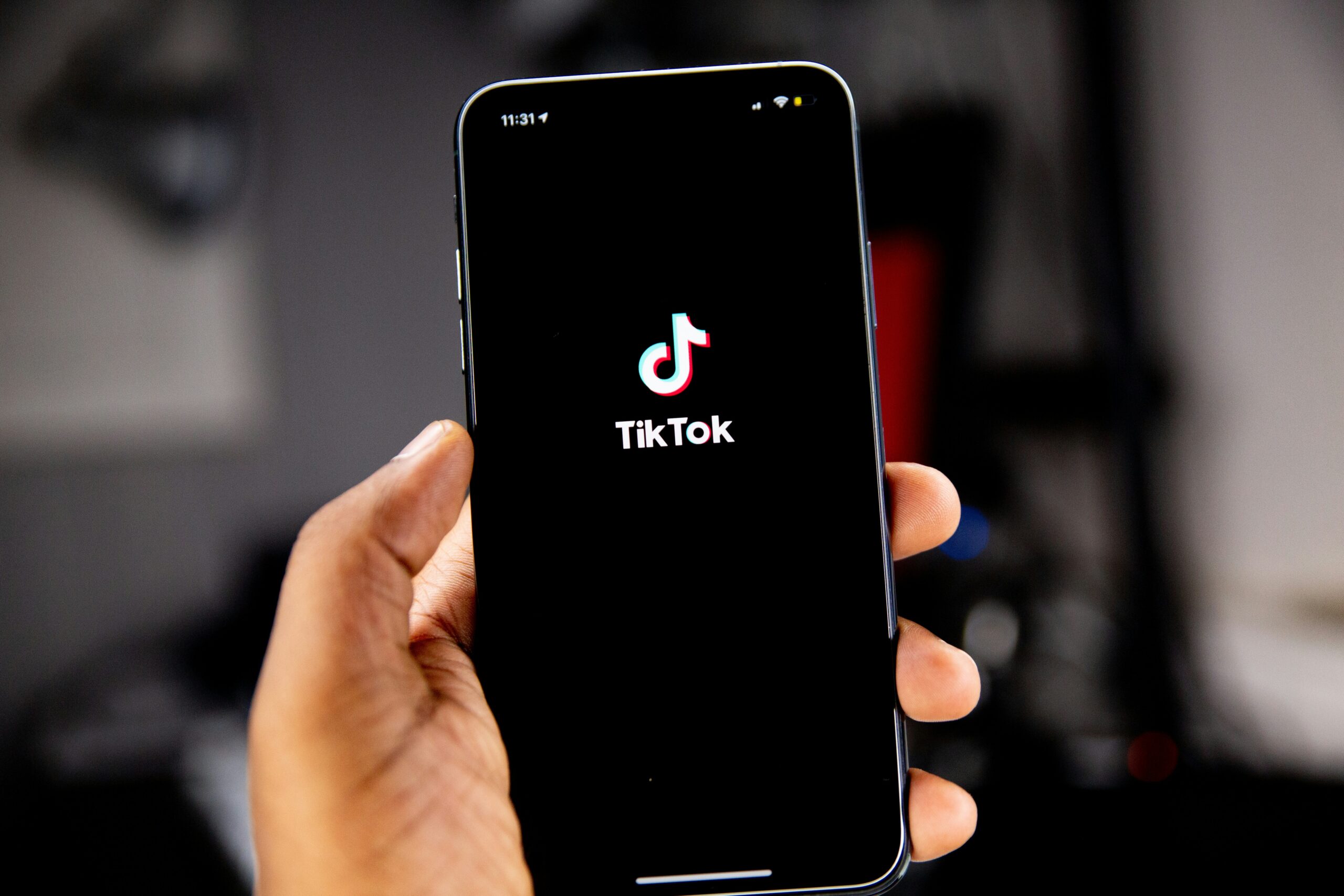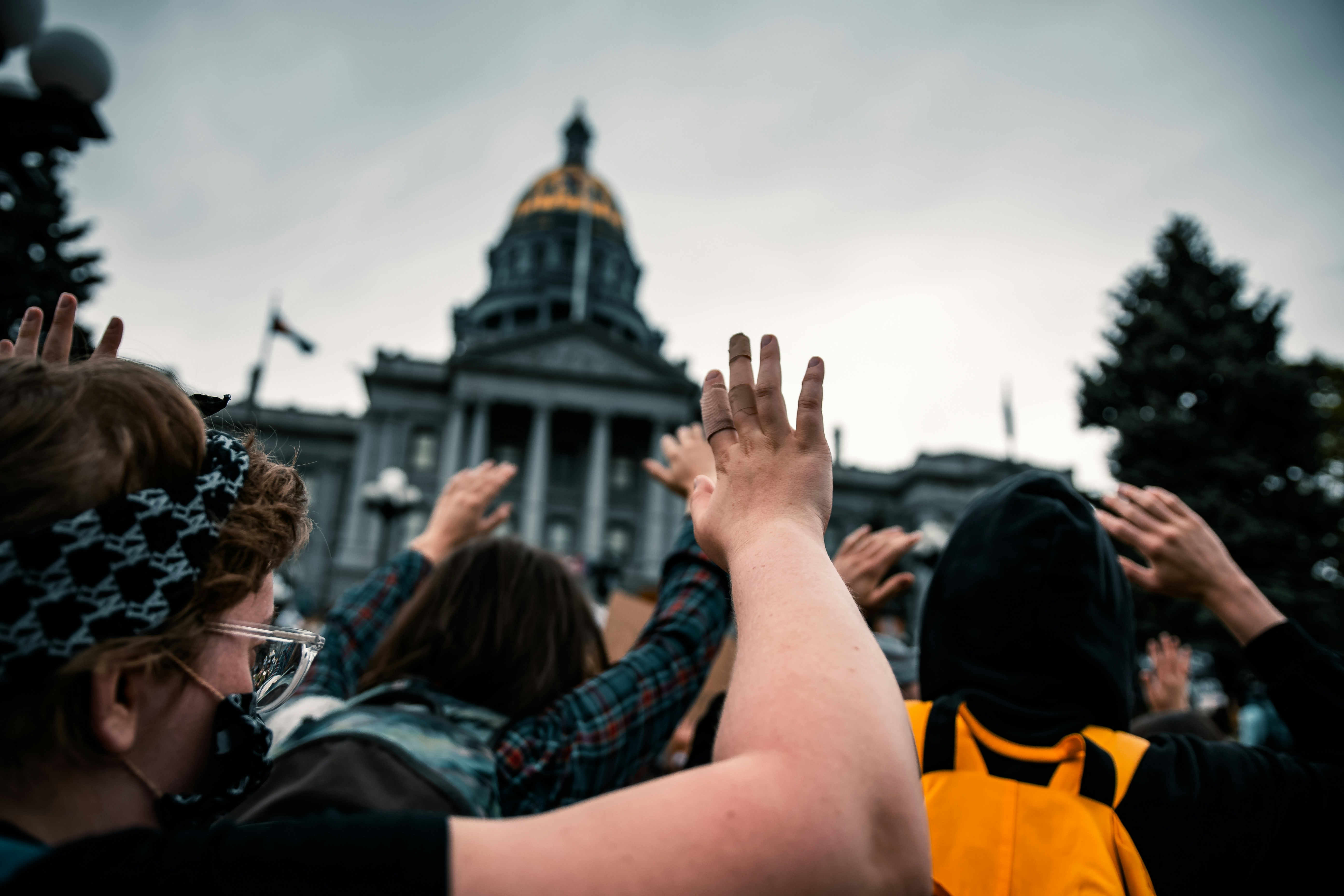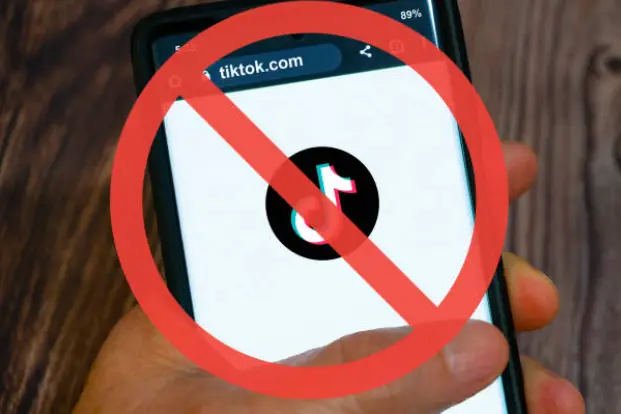The TikTok ban has ignited uproar among many users. The company is fighting back by taking legal action. Their decision marks the beginning of a battle that will go down in history regarding the United States’s First Amendment rights.
What is the TikTok Ban?

Those who are unfamiliar with the TikTok ban may need some catching up. It means TikTok would not be available to U.S. users unless the app’s parent company, Byte Dance, sells the technology to a non-Chinese company by mid-January.
The legislation, included in a foreign aid package providing military funding to Israel and Ukraine, fast-tracked the ban and presented a challenging item for President Biden to approve. It was signed into law on April 24, 2024.
TikTok’s Claims
TikTok and Byte Dance filed a petition at the U.S. Court of Appeals for the District of Columbia Circuit alleging the law is unconstitutional. They claim it interferes with Americans’ freedom of speech and right to access lawful information.
The White House did not immediately respond to requests for comment on TikTok’s legal action. The federal government has long been targeting the app because it fears it could expose Americans’ sensitive information to the Chinese government.
Data Sharing Accusations
TikTok denies ever providing the Chinese government access to Americans’ private information. It stated that it hosts data on servers owned by the United States tech company Oracle to protect sensitive data.
The Committee on Foreign Investment in the United States outlined the app’s assurances in a 90-page agreement. The agency has been monitoring TikTok’s operations since 2019. The contract states that TikTok or ByteDance could face shutdown if either violates “certain obligations under the agreement.”
However, officials are still concerned that the app could feed sensitive content to the Chinese government.
The United States has not presented evidence establishing the Chinese government’s access to TikTok data. Although classified briefings have occurred to discuss national security matters, officials have not made any official statements concerning their findings.
First Amendment Rights

However, Virginia Democratic Senator Mark Warren, who advocates for the TikTok ban, has hinted that something more dangerous may be at play.
“Many Americans, particularly young Americans, are rightfully skeptical. They have not seen what Congress has seen. They’ve not been in the classified briefings that Congress has held, which have delved more deeply into some of the threat posed by the foreign control of TikTok,” he said.
How the TikTok Ban Affects First Amendment Rights
TikTok and Byte Dance have addressed the government’s national security concerns, calling them “speculative and analytically flawed.” They say their claims lack evidence, which would bar the government from making its case.
First Amendment scholars tend to agree with the companies. They say that Americans are permitted to receive foreign propaganda if they choose to do so. They also point to the Berman Amendment, which prohibits U.S. presidents from banning media from foreign countries, including those that may be hostile to America.
TikTok has gained some early legal victories. For example, Montana was the only state to pass its TikTok ban. However, a judge later ruled the ban unconstitutional, saying it interfered with First Amendment rights and cut off a valuable income stream.
However, the law may convince courts that TikTok poses real security risks, leading to a ruling in the government’s favor. A government victory could also implicate Apple’s and Google’s constitutional rights, as it would prohibit their app stores from carrying the TikTok app.

